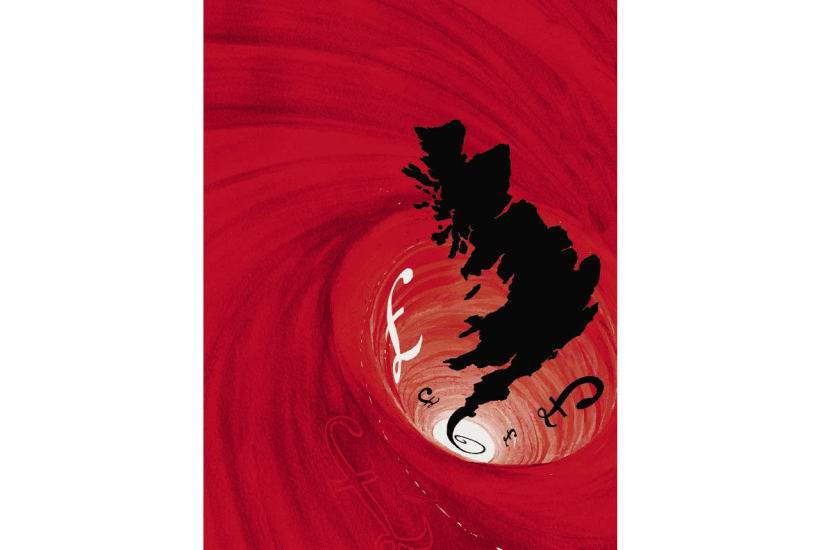Concorde obviously. The Iraq War perhaps? Or Scottish devolution? It is not hard to come up with a list of really terrible ideas that the British government has wasted money on over the last 50 years. Even so, and despite some tough competition, we now have a fresh contender. It looks as if the furlough scheme will top them all.
Already a subscriber? Log in
Subscribe for just $2 a week
Try a month of The Spectator Australia absolutely free and without commitment. Not only that but – if you choose to continue – you’ll pay just $2 a week for your first year.
- Unlimited access to spectator.com.au and app
- The weekly edition on the Spectator Australia app
- Spectator podcasts and newsletters
- Full access to spectator.co.uk
Or





















Comments
Don't miss out
Join the conversation with other Spectator Australia readers. Subscribe to leave a comment.
SUBSCRIBEAlready a subscriber? Log in